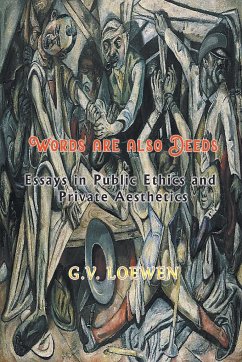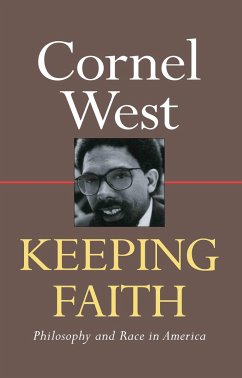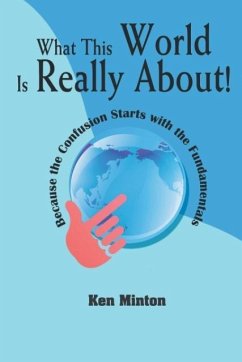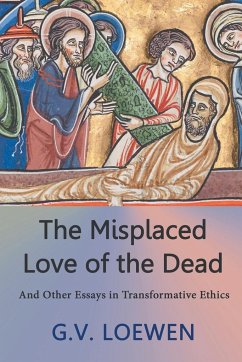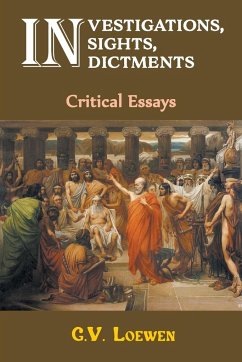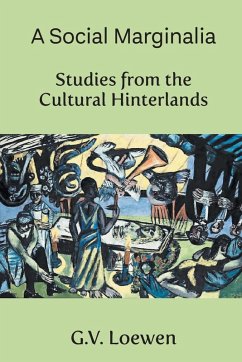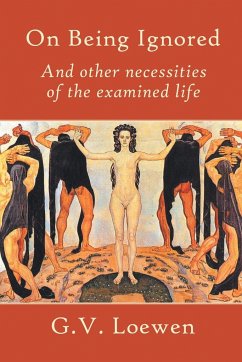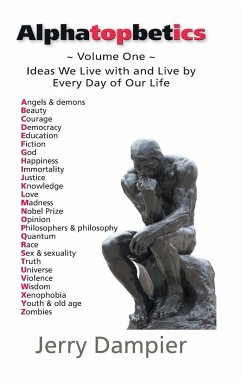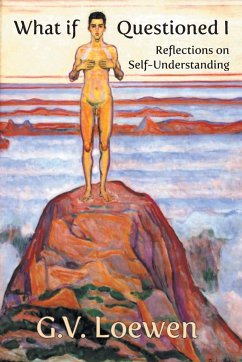
What if Questioned I
Reflections on Self-Understanding
Versandkostenfrei!
Versandfertig in 1-2 Wochen
13,99 €
inkl. MwSt.

PAYBACK Punkte
7 °P sammeln!
What does it mean to be a self, and a self which lives? At first, we would seek to alter the "which" into a "who," giving us the sense not only of agency but also of individuality and even perhaps that of purpose. Who is the self who lives? But a distinction must be immediately made; that between self and selfhood. For if we share life with other creatures grand and minuscule, we also share the conception of self with all other persons, and extending in two directions; those predecessors to me who are now passed and constitute the once-living component of the past, as well as those successors,...
What does it mean to be a self, and a self which lives? At first, we would seek to alter the "which" into a "who," giving us the sense not only of agency but also of individuality and even perhaps that of purpose. Who is the self who lives? But a distinction must be immediately made; that between self and selfhood. For if we share life with other creatures grand and minuscule, we also share the conception of self with all other persons, and extending in two directions; those predecessors to me who are now passed and constitute the once-living component of the past, as well as those successors, those to come who will also live as human selves. At least unless or until we develop into a new species, which has no need for either self or selfhood, this is what human life is as existence and not merely life. Existence is ipsissimous, life, only autochthonous. The one belongs to itself and is also "owned," while the other simply arises from itself and thenceforth is only as it could ever be. (From the introduction.) Thirty new essays from social philosopher G.V. Loewen, written over a focused period of six weeks, interrogate both the perennial self and its fashionable decoys, from identity politics to the idea of a cultural whole, and its primordial sensibilities, from Godhead to human finitude. Personalist statements concerning writing, parentage, self-loathing, regret, and last requests and bequests alike leaven scholarly essays about the fate of the modernist media self and its more authentic individually "owned" selfhood. Author Bio: G.V. Loewen was professor of the interdisciplinary human sciences for over two decades in Canada and the U.S. He is a philosopher in the traditions of hermeneutics and phenomenology. This is his 60th book.





